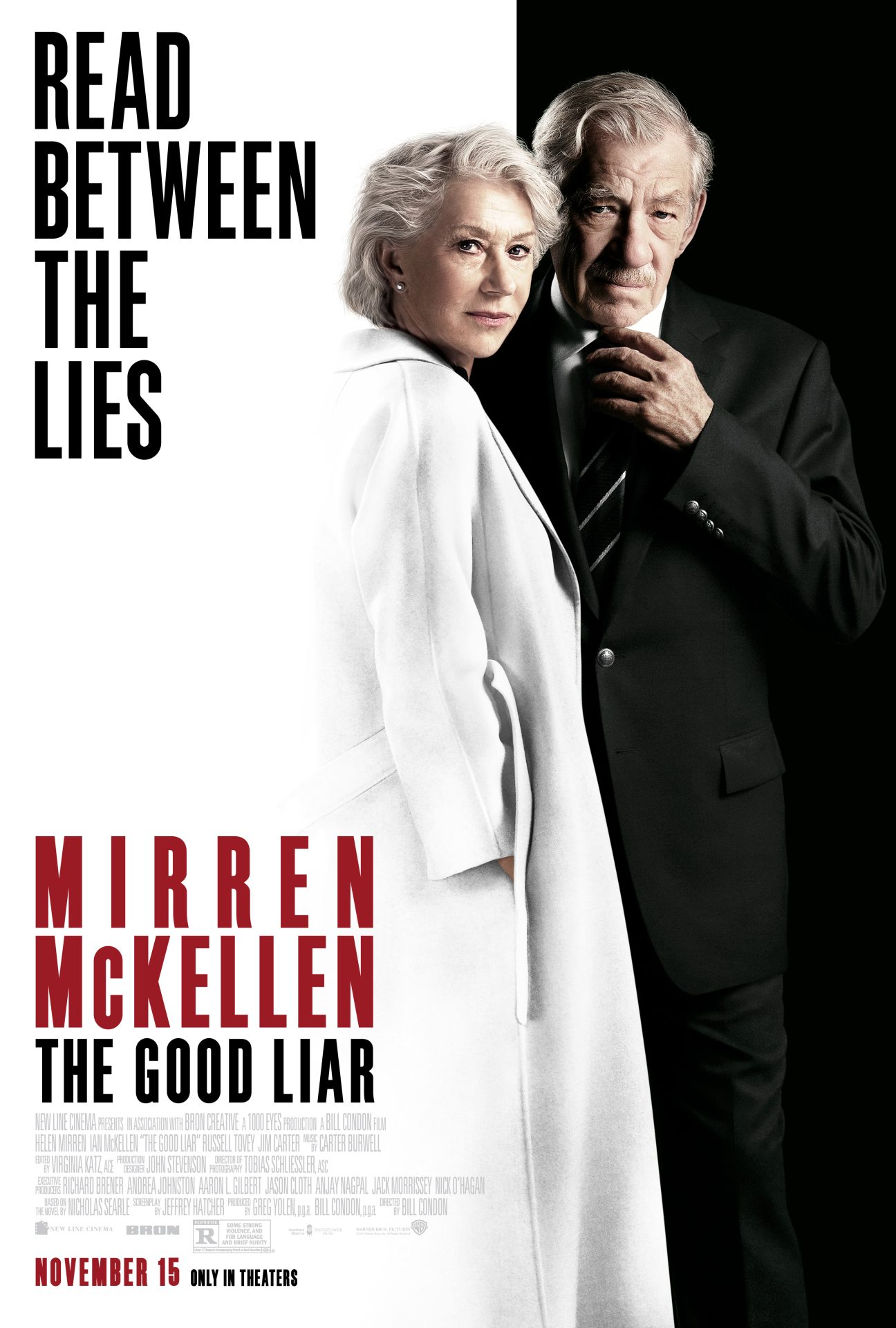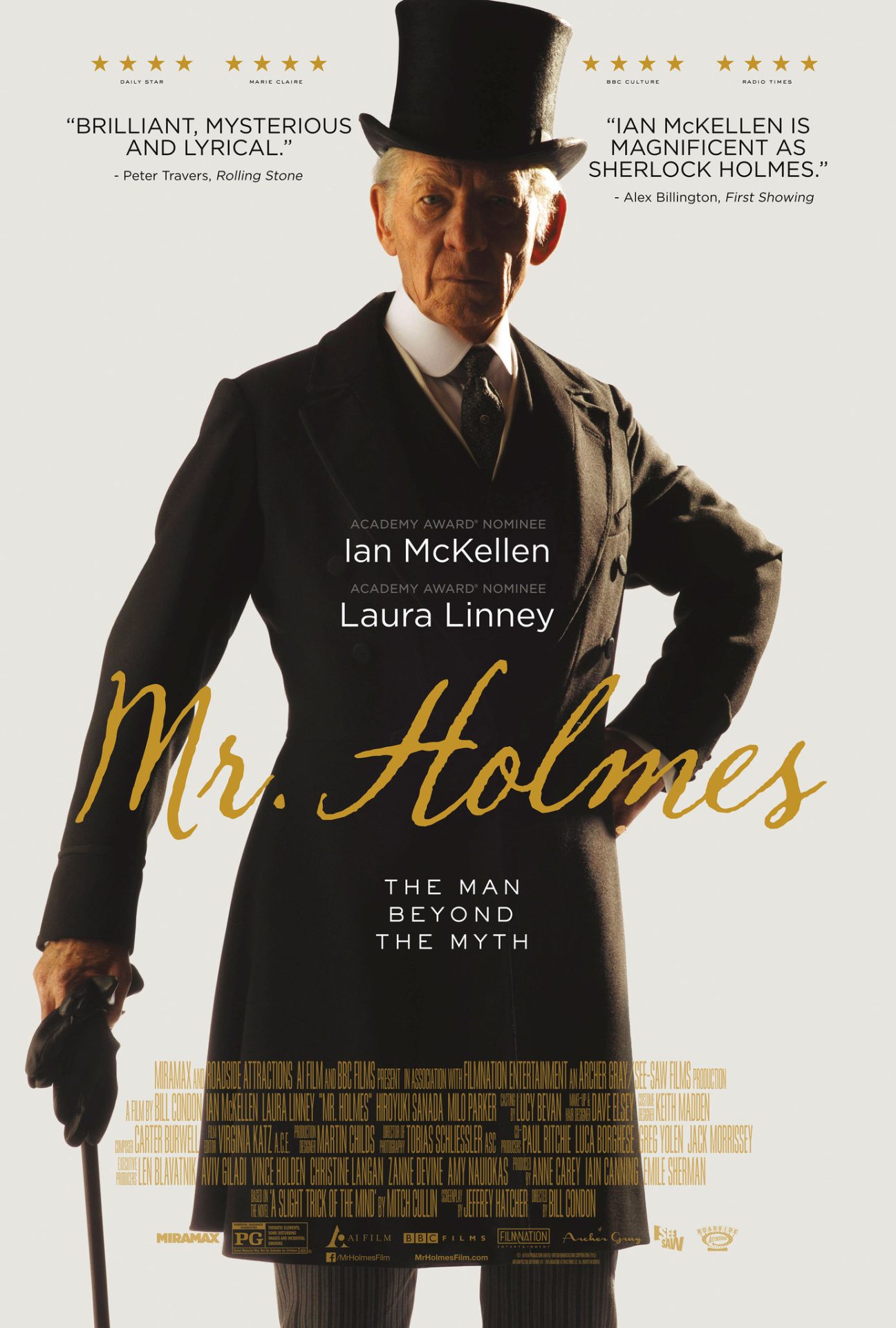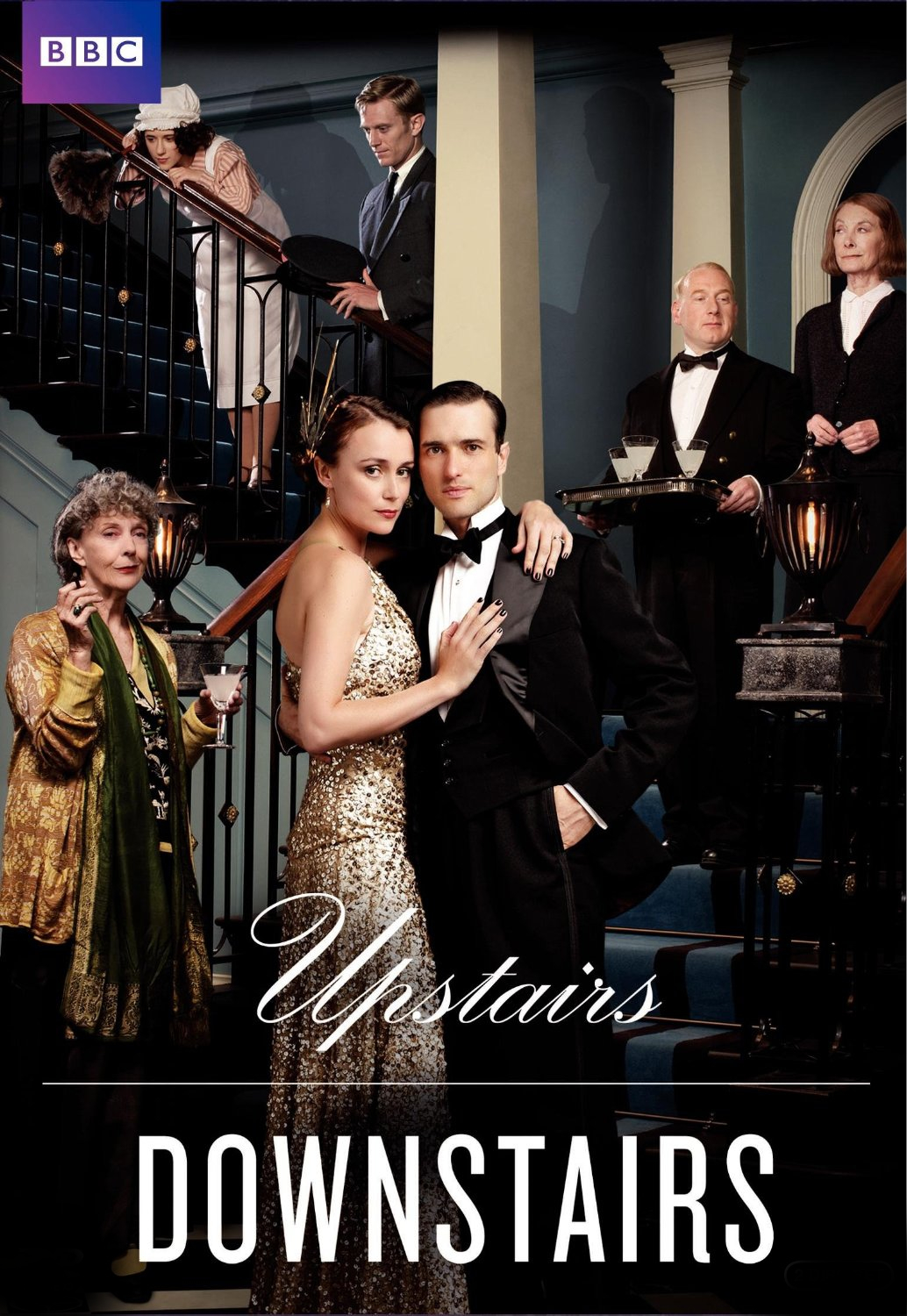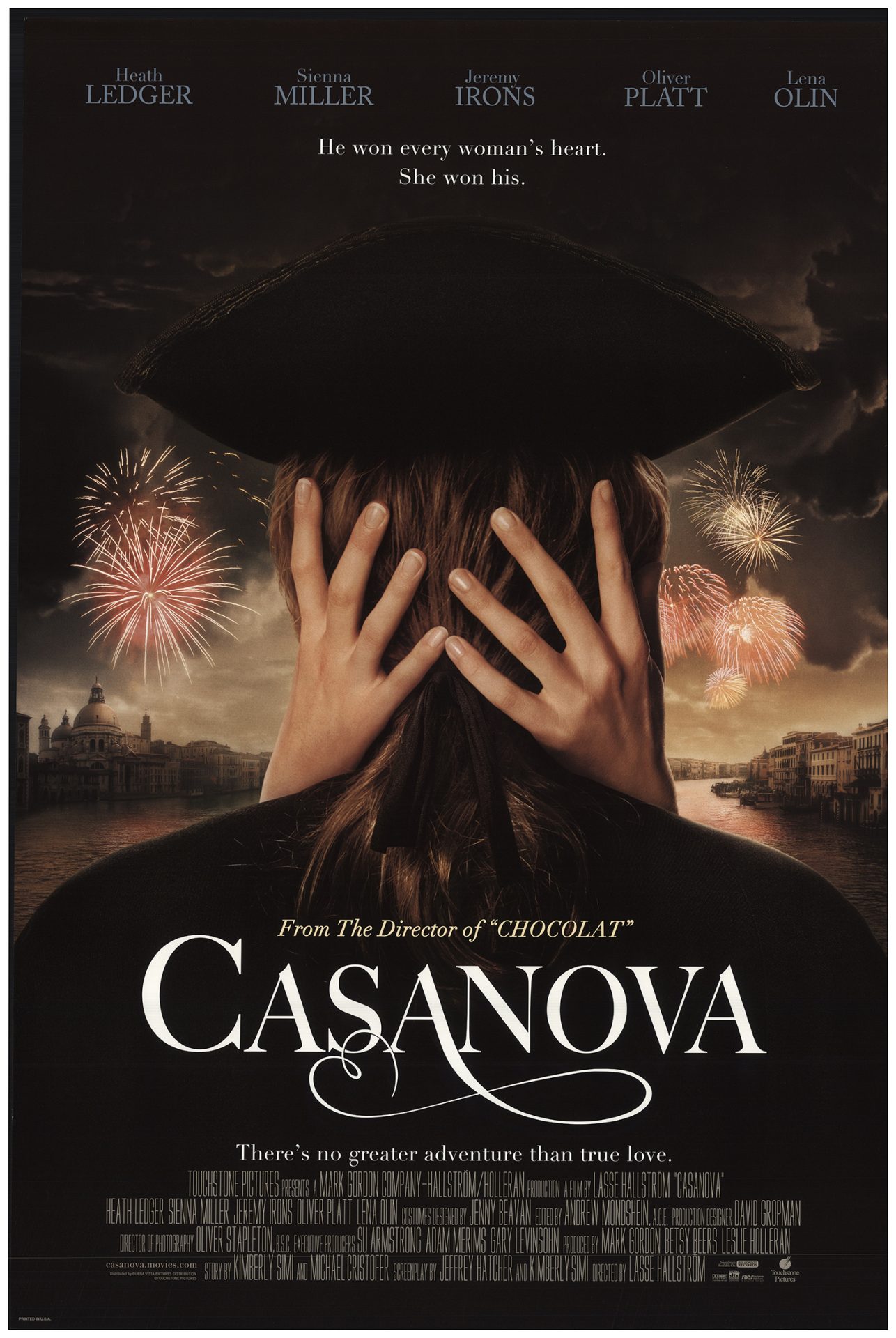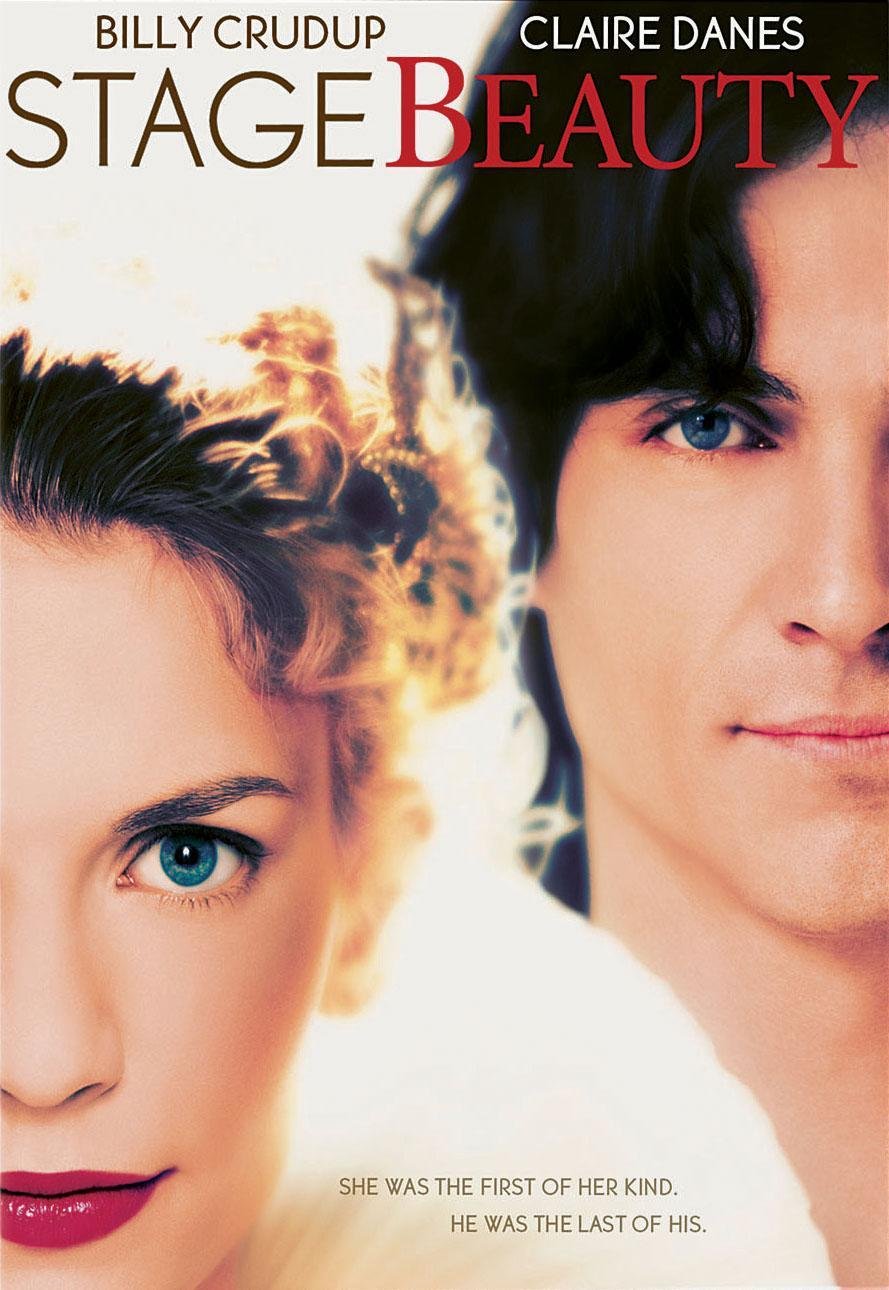Jeffrey Hatcher is an American playwright and screenwriter. Most recently he wrote the films, The Good Liar starring Helen Mirren and Ian McKellen, Mr. Holmes starring McKellen and Laura Linney; as well as the adaptation of the play Key Largo starring Andy Garcia at the Geffen Theatre.
Hatcher grew up in Ohio before attending New York University to study acting. After a brief career on stage, he turned his hand to writing. His many award-winning original plays have been performed on Broadway, off-Broadway, and regionally across the U.S. and abroad. They include: Scotland Road, Neddy, Korczak’s Children, Mercy of a Storm, Work Song, and Lucky Duck. Hatcher wrote the book for the Broadway musical, Never Gonna Dance, based on the Fred Astaire and Ginger Rogers film, Swingtime.
He wrote the stage play Compleat Female Stage Beauty, then adapted it into a screenplay, Stage Beauty. He also co-wrote the stage adaptation of Tuesdays with Morrie, and Three Viewings. Additional credits: the screenplays, Casanova and The Duchess, for television, the Peter Falk Television series, Columbo and E! Entertainment Television. A number of his plays have been produced off-Broadway.


